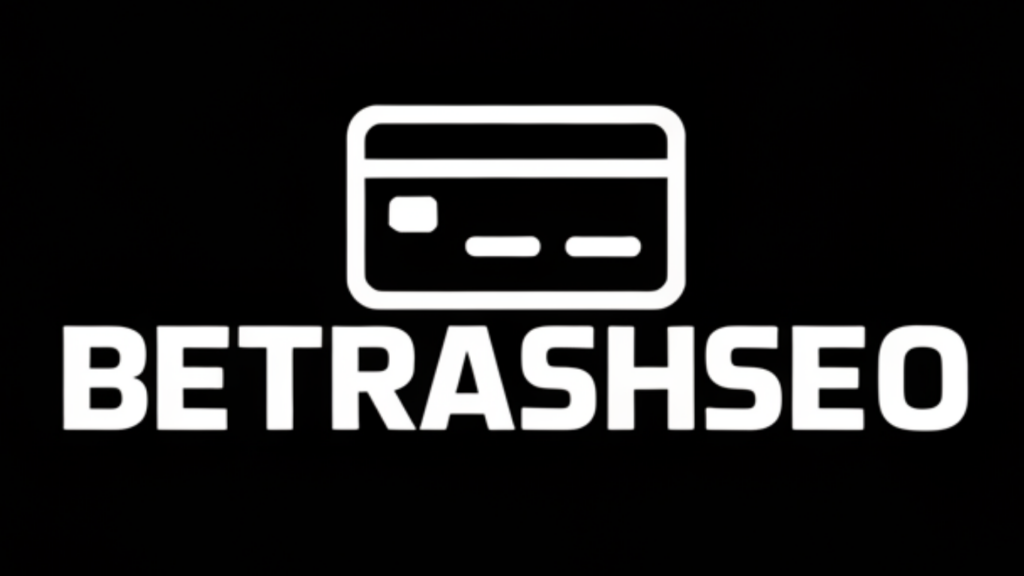Credit cards can be powerful financial tools when used wisely, but they also come with the risk of accumulating debt. Understanding how to strategically manage your credit card usage is crucial in avoiding the pitfalls of financial burden. In this guide, readers will explore effective methods to maintain control over their spending and steer clear of debt.
Creating and sticking to a budget is a fundamental step in ensuring you’re using your credit card responsibly. By setting clear financial limits, one can enjoy the convenience and benefits that credit cards offer without overspending. Practical tips will be presented to help you align your credit card use with your budgetary goals.
Additionally, being informed about interest rates, payment schedules, and the importance of timely payments can significantly impact financial health. This comprehensive guide aims to equip readers with the knowledge to make intelligent decisions, ensuring that their credit card remains a beneficial asset rather than a source of debt.
Understanding Your Spending Habits
To avoid falling into debt, it is important to first understand personal spending habits. Monitoring daily expenses can help identify patterns that may lead to unwanted debt accumulation. Keeping a detailed record of where money is spent each month can be an eye-opener.
Analyzing this data makes it easier to adjust spending habits accordingly. For instance, cutting down on dining out or unnecessary subscriptions can free up funds for more essential expenses. Making small changes in everyday life can significantly impact overall financial health.
Awareness is key to managing finances effectively. Once spending habits are understood, one can strategize to ensure that credit card usage aligns with personal financial goals. It is always beneficial to spend within one’s means, keeping future financial security in mind. Access What is an International Credit Card and How to Apply for One. This resource will guide you through the steps needed to make informed decisions about applying for an international credit card.
Creating a Realistic Budget
Having a realistic budget in place serves as a roadmap to financial stability. A budget outlines income sources and prioritizes expenses, ensuring that essential needs are met first. It can help individuals avoid the trap of overspending.
Setting clear boundaries on what portion of income goes toward credit card expenses is crucial. A good rule of thumb is to limit credit card spending to a manageable percentage of monthly income, preventing excessive debt load.
Regularly revisiting and adjusting the budget can accommodate changes such as salary increases or unexpected expenses. Flexibility in budgeting allows for sustainable financial management and helps in staying debt-free. Check out Is it Possible to Get a Credit Card Without Proof of Income. This resource provides valuable tips for navigating credit card applications, even without traditional income documentation, ensuring you make well-informed financial decisions.
Choosing the Right Credit Card
Selecting a credit card that aligns with personal needs and financial habits can mitigate potential debt risks. Different cards offer various benefits; consumers should evaluate options based on interest rates and rewards programs.
A low-interest card may be ideal for those who tend to carry a balance, while rewards cards benefit individuals who pay off their balance monthly. Understanding these differences is essential to maximizing the benefits of credit card usage.
Researching and comparing different offers from financial institutions helps find a card that complements one’s lifestyle and financial objectives. Making an informed decision is a proactive step toward managing credit responsibly. Check out How to Build a Good Credit History Using a Credit Card. This resource offers practical advice for using credit cards wisely to establish a strong credit foundation and reach your financial goals.
The Importance of Timely Payments
Timely payments are crucial in maintaining a healthy credit score and avoiding unnecessary interest charges. Set reminders or automate payments to ensure that the credit card bill is settled on time every month.
Late payments can lead to penalties and increased interest rates, making it more difficult to pay off the debt. Consequently, consistent on-time payments can save money and reduce financial stress over time.
Managing due dates and minimum payment amounts is imperative for financial discipline. Prioritizing paying off the full credit card balance monthly can significantly reduce the risk of accumulating debt.
Utilizing Available Financial Tools
Several financial tools and resources can promote responsible credit card usage. Budgeting apps and financial planners can provide valuable insights into spending patterns and help manage finances more effectively.
Features like credit card alerts notify users of spending limits or upcoming due dates, aiding in maintaining financial discipline. Taking advantage of these tools can help prevent unintentional overspending and debt accumulation.
Moreover, seeking advice from financial experts or attending workshops on money management provides additional knowledge and strategies to handle credit responsibly. Continuous learning is integral to cultivating smarter financial habits.
Conclusion
Strategically managing credit card use is essential in avoiding debt and maintaining financial well-being. By understanding spending habits, creating realistic budgets, choosing the right credit card, making timely payments, and utilizing financial tools, individuals can effectively navigate the challenges of credit usage.
Commitment to disciplined financial practices ensures that credit cards serve as valuable financial tools, rather than burdens. Through informed decision-making and proactive approaches, it is possible to enjoy the benefits of credit cards without the associated risks of accumulating debt. You can visit Credit Karma to compare credit cards and find the option that best suits your financial needs.

